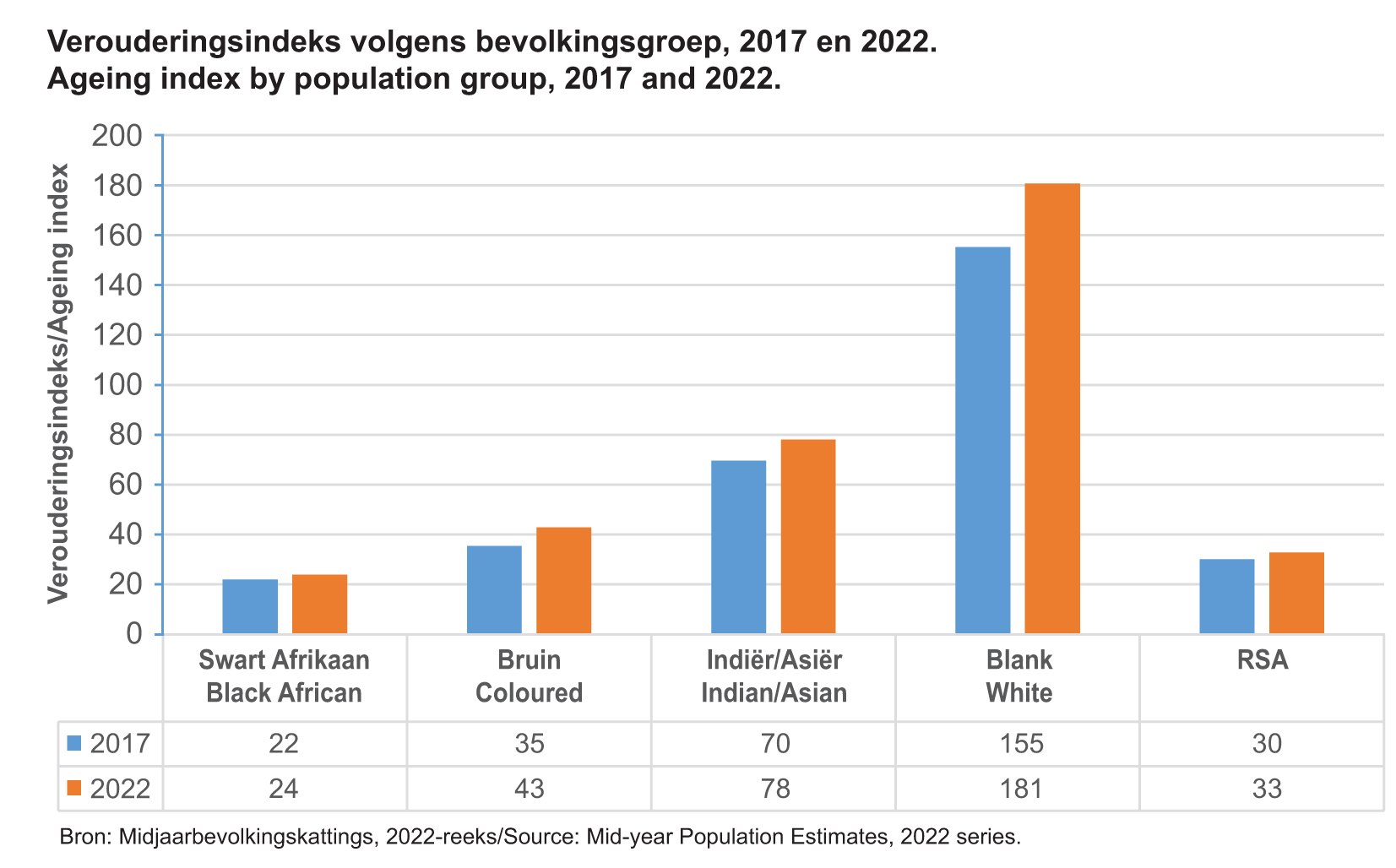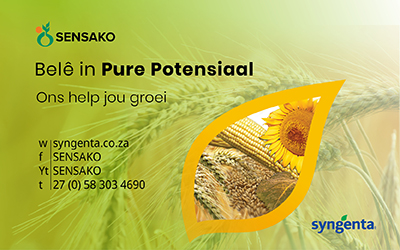
Pieter Taljaard
CEO, Grain SA pieter@grainsa.co.za
We have seen how role-players in the value chain – during, but especially after Covid – started to manage stock on the principle of ‘just in case’ rather than the more optimal, cost effective and proven method of ‘just in time’. Similarly, there have been several other (emergency) measures that businesses had to implement in their quest to survive.
However, it remains difficult to determine exactly what the ultimate impact has been on cost and consumer inflation. Local service delivery and infrastructure limitations multiplied the given international situation and the affordability of basic food certainly remains our country’s single biggest challenge and risk.
Everyone knows that job creation is the answer, but how to do it on a scale that can really make an impact? Furthermore, the most recent report of Statistics SA regarding the profile of older people between 2012 and 2021 can and shóúld cause raised eyebrows. The impact of this has been evident for many years in developed countries and now all of a sudden it is partially a reality on own soil. The ageing index measures the number of persons over the age of 60 for every 100 children under the age of 15. The index rose from 30 to 33 from 2017 to 2022. This means that the population has aged slightly with the most recent measurement of 33 persons over 60 per 100 children under 15.
Demographically, however, the index varies drastically from 24 for the black population, 43 among the brown population, 78 in the case of Indians and 181 for the white population. The biggest change in the last five years was among the latter group, which increased from 155 in 2017. This has an impact on care, future family support and ultimately the ability to afford sufficient nutritious food.
But just like the negatives, there are still an incredible number of positive opportunities in our country. However, the question remains how we can continue to exploit the opportunities and what is needed to keep tipping the scale in a positive direction. History has proven that cooperation is the only possible way out. What we have also seen at Grain SA in the past few months, is that strong business principles, linked to good and ethical fundamental values, are necessary to create strong organisations/businesses. However, it is quite easy (sometimes maybe easier said than done) for such strong businesses and organisations to influence and help other entities they come into contact with and to thus elevate them to the same level of ethics and effectiveness.
 In my opinion, this is what is needed to be done – from the sole proprietorship to the largest business, from the smallest to the largest organisation in the country. This is the only way if we want to be sustainable in the long term at all.
In my opinion, this is what is needed to be done – from the sole proprietorship to the largest business, from the smallest to the largest organisation in the country. This is the only way if we want to be sustainable in the long term at all.
The reality is that international competition is huge: Each country fights not only for its own survival, but competes globally for resources. However, as South Africans we are all too aware that the playing field is not level everywhere and therefore it is necessary to constantly have novel thoughts about how we can continue to win in the future.
This just reminds me again of the golden thread message we received from external speakers during the recent Grain SA Congress: ‘What got you here, certainly won’t get you there.’ Fortunately, in agriculture we know to always keep our seatbelts fastened, but we need everyone’s open minds, input and involvement!












